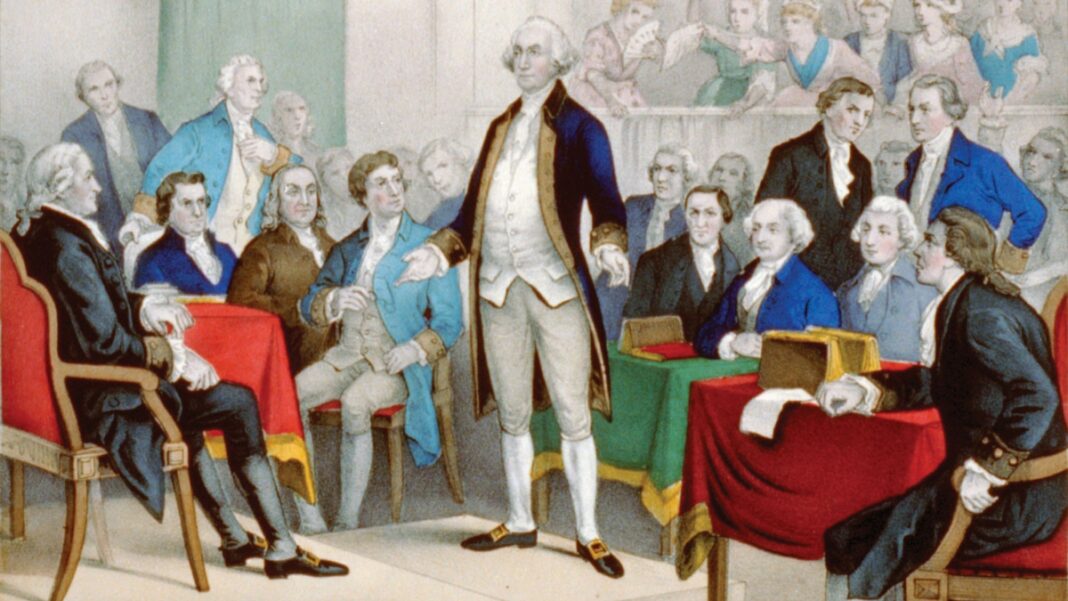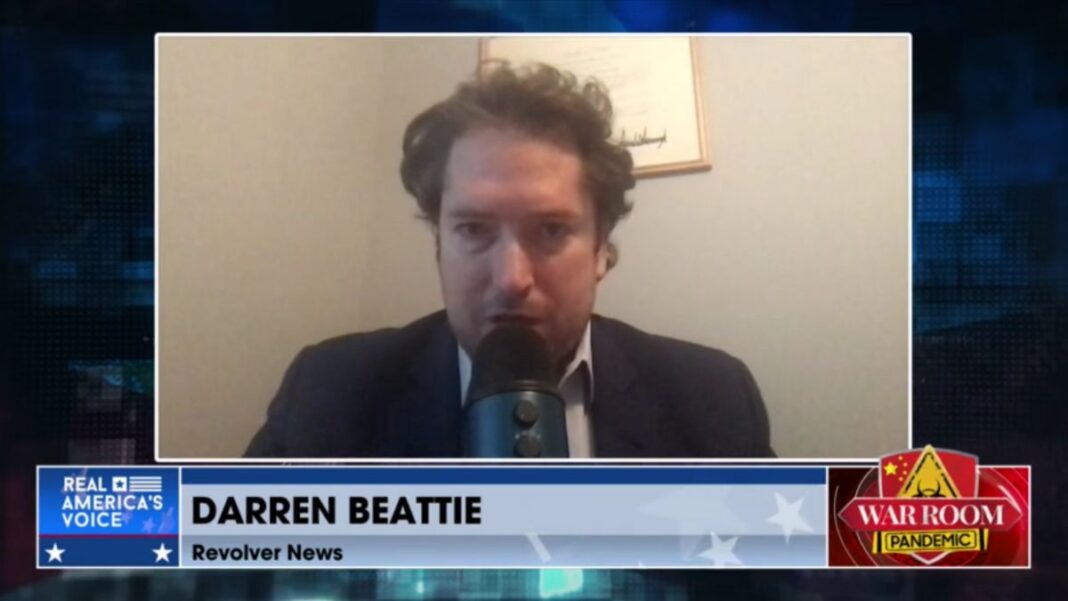Once we vote, our duty as a responsible American citizen does not end. True, we often lose sight of our candidates after we vote them in; we sigh with relief when they begin their work in Washington. But our senators and representatives need our support.
George Washington once remarked, “It is not sufficient for a man to be a passive friend and well-wisher to the cause.” People tend to blame Congress for failing to pass particular legislation. But how can Congress know what we want if we do not tell them? If Congress is at fault, so are we for neglecting to contact our congressmen.
As American citizens, we have the privilege of submitting our concerns to our congressmen and should not hesitate to contact them on issues of importance to us. Our congressmen cannot possibly know everything about our concerns, and we should not expect them to. Responsible, commendable senators and representatives appreciate hearing from their constituents. Furthermore, if our elected officials lose sight of the desires of the people, it will be difficult for them to carry out their job in a way which pleases their constituents.
However, we should not only express complaint, but letters and emails voicing our gratitude and appreciation for our congressmen’s hard work—even when they fail. There is no incentive from constant piles of opposition. Our officials need unexpected words of encouragement and support. A responsible citizen is also an appreciative citizen. As Thomas Jefferson declared, “It is not wisdom alone, but public confidence in that wisdom, which can support an administration.”
Though we cannot research every proposed bill and contact Congress regarding each one, a single phone call, written letter or email can make a difference. When contacting your senator or representative, be brief, but state clearly what you wish him to do. If you are asking him to vote a certain way on a bill, be sure to cite the name of the bill. Whether voicing your support or opposition of his actions, be courteous.
Keeping a watch on our congressmen is essential, as James Madison noted in 1799: “In no case ought the eyes of the people to be shut on the conduct of those entrusted with power.” George Washington added, “Congress are in fact but the people . . . [and] are amenable at all times for their conduct.” Maintaining contact with our congressmen is one of the ways in which citizens can participate in government.
Citizens, stand up—your country’s waiting!







